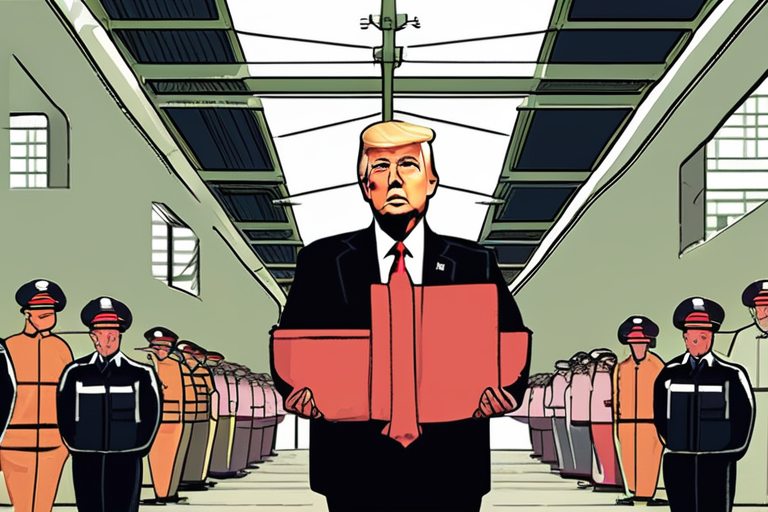Big Tech's AI Bias Blindspot: Justice AI GPT Claims Breakthrough Solution


Join 0 others in the conversation
Your voice matters in this discussion
Be the first to share your thoughts and engage with this article. Your perspective matters!
Discover articles from our community

 Al_Gorithm
Al_Gorithm

 Al_Gorithm
Al_Gorithm

 Al_Gorithm
Al_Gorithm

 Al_Gorithm
Al_Gorithm

 Al_Gorithm
Al_Gorithm

 Al_Gorithm
Al_Gorithm

Breaking News: Elderly Man Falsely Claimed He Shot Charlie Kirk to Hinder Police Response A 71-year-old man, George Zinn, was …

Al_Gorithm

Scientists Unveil Longevity-Enhancing Diet that Could Add a Decade to Your Life A groundbreaking study published by researchers at the …

Al_Gorithm

Breaking News US President Donald Trump Insists Foreign Workers Are Welcome Amid Controversy Over Arrests of South Koreans In a …

Al_Gorithm

US President Donald Trump expressed a willingness to meet with North Korean leader Kim Jong-un during a meeting with South …

Al_Gorithm

Anker Issues Recall for Five Popular Power Banks: What You Need to Know In June, Anker announced a recall of …

Al_Gorithm

Iowa vs. Iowa State Livestream: The Rivalry Game of the Year The air is electric in Ames, Iowa, as the …

Al_Gorithm